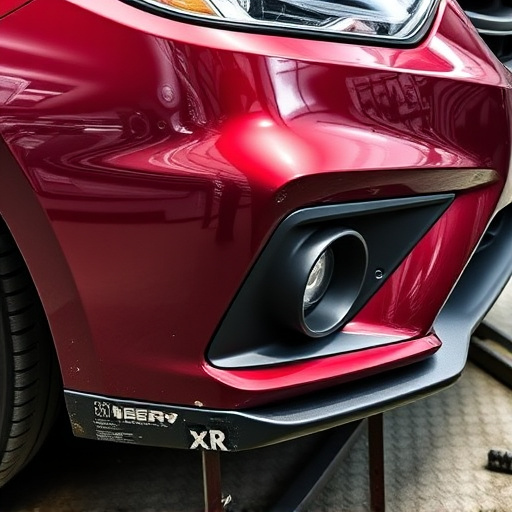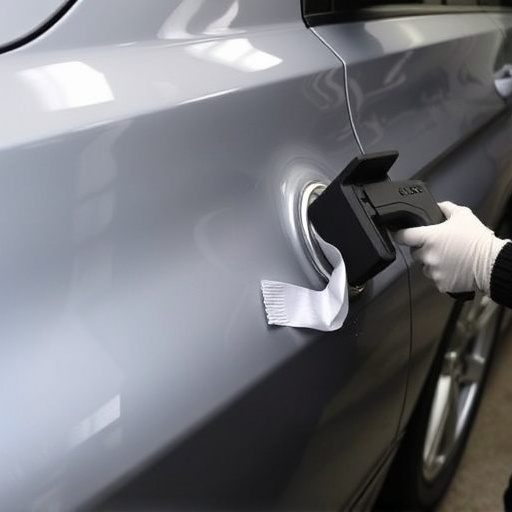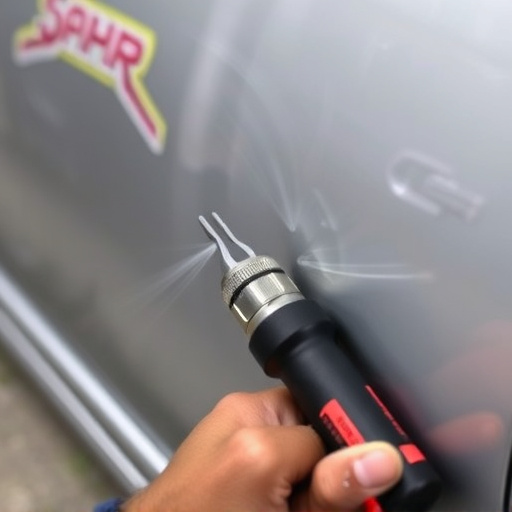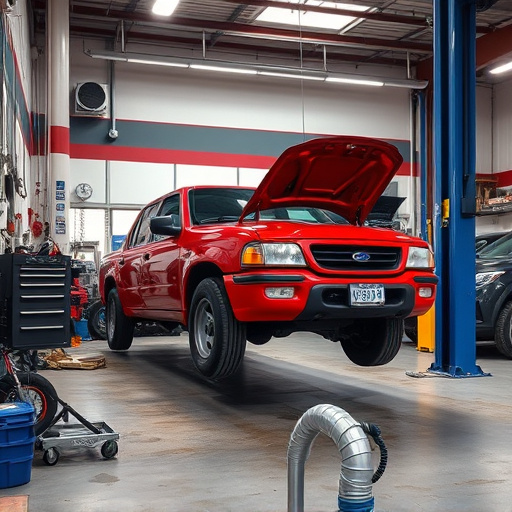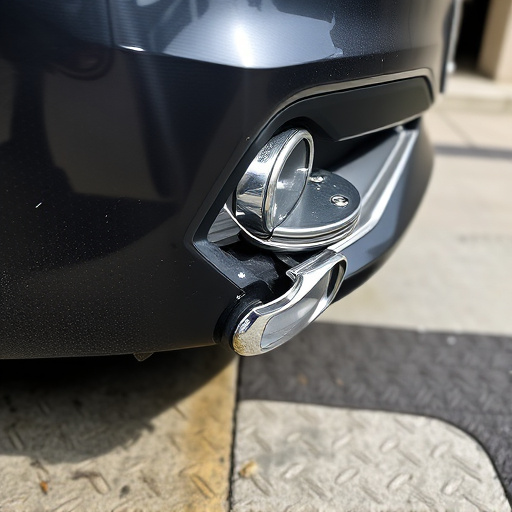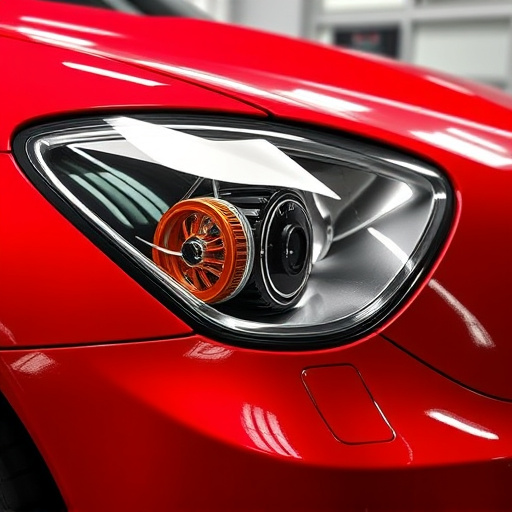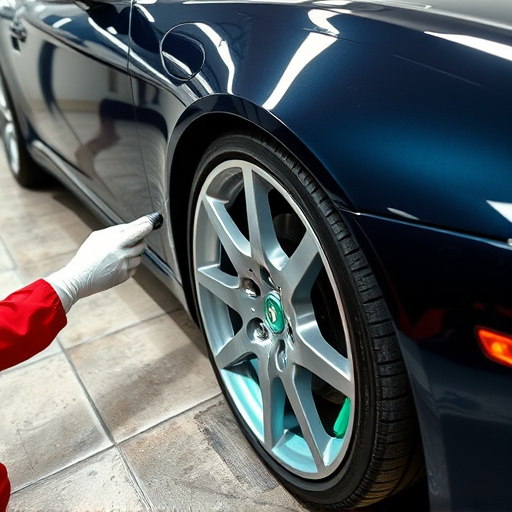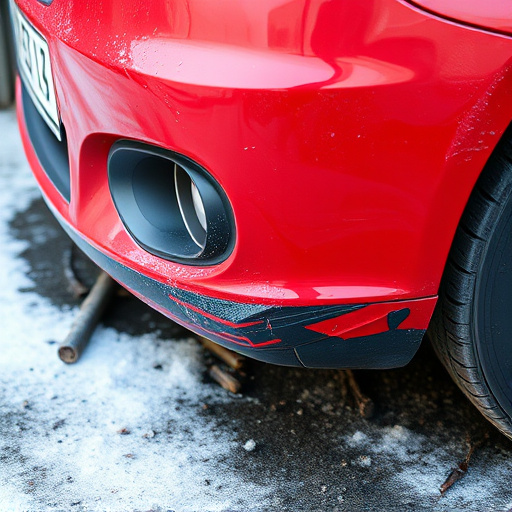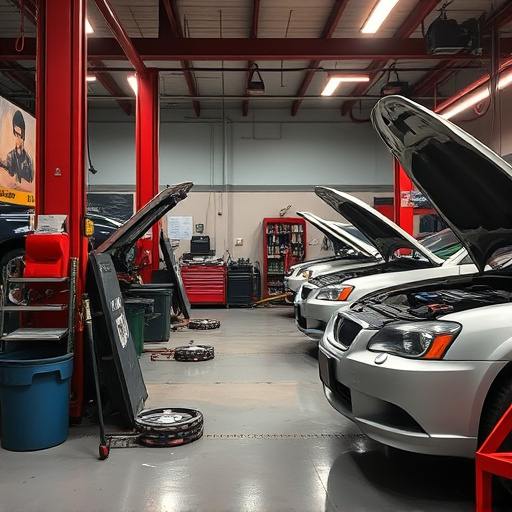Repair performance testing is vital for assessing vehicle condition post-repair, especially after accidents. This process simulates real-world conditions to uncover invisible defects, ensuring structural integrity and enhancing resale value. For auto body shops, it guides material and technique choices, boosting customer satisfaction and market demand. By maintaining or increasing resale value, repair performance testing becomes a key differentiator in a competitive industry, attracting buyers seeking reliable pre-owned cars.
In today’s competitive market, understanding the intricate link between repair performance testing and resale value is paramount for both homeowners and real estate professionals. Repair performance testing ensures that repairs are not merely temporary fixes but long-lasting solutions, preserving property value. This article delves into the profound impact of repair performance testing, highlighting how it directly influences resale value. We’ll explore effective strategies to enhance both aspects simultaneously, empowering readers with valuable insights for informed decision-making.
- Understanding Repair Performance Testing Impact
- Resale Value: The Key Benefit Unveiled
- Strategies to Enhance Both Simultaneously
Understanding Repair Performance Testing Impact
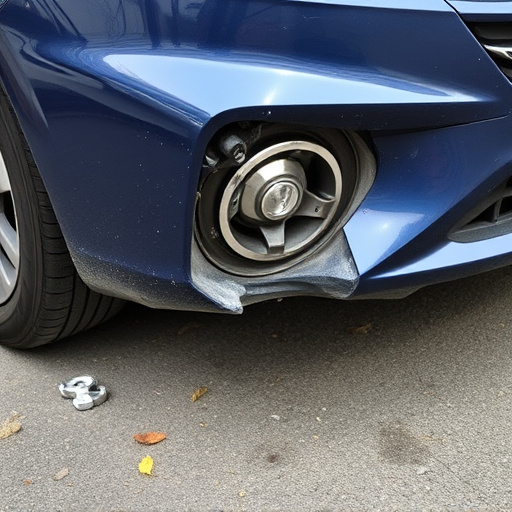
Repair performance testing plays a pivotal role in determining the long-term health and value of vehicles, especially after incidents like auto accidents or hail damage repairs. These tests go beyond mere visual inspections to assess the structural integrity and functionality of key components. By simulating real-world conditions, experts can uncover subtle defects or misalignments that might be invisible to the naked eye. This meticulous process is crucial for ensuring that body shop services meet the highest standards, preserving not just the cosmetic appeal but also the overall safety and reliability of vehicles.
Understanding the impact of repair performance testing is essential for both car owners and automotive professionals. For owners, it means peace of mind, knowing their vehicle’s true condition post-repair. For body shops, it serves as a guide to refining their techniques and using appropriate materials, thereby enhancing customer satisfaction and maintaining the resale value of vehicles, particularly in competitive markets where even minor issues can significantly affect a car’s marketability.
Resale Value: The Key Benefit Unveiled
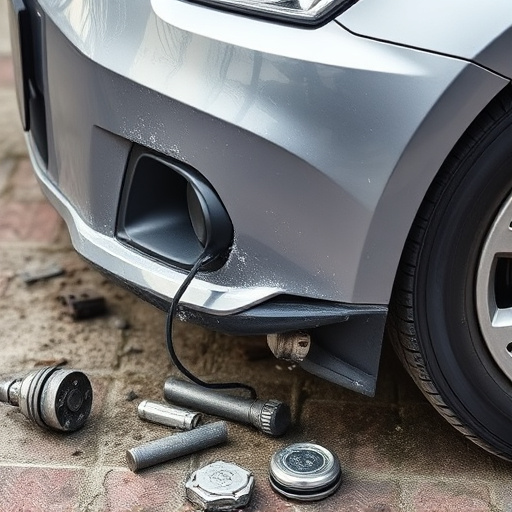
The resale value of a vehicle is a significant indicator of its overall health and longevity in the market. When it comes to maximizing this aspect, repair performance testing plays a pivotal role. This process evaluates the effectiveness of repair work, ensuring that vehicles return to their optimal condition after automotive collision repair or car bodywork services. By assessing various parameters such as structural integrity, cosmetic restoration, and mechanical functionality, repair performance testing helps maintain or even enhance the resale value of vehicles.
In the competitive automotive industry, where buyers seek reliable and well-maintained pre-owned cars, a high resale value is a critical advantage. It not only attracts potential customers but also assures them of the vehicle’s quality and durability. This, in turn, leads to increased market demand and better financial returns for sellers. Effective repair performance testing is thus a game-changer, fostering trust among buyers and ensuring that vehicles retain their value over time.
Strategies to Enhance Both Simultaneously
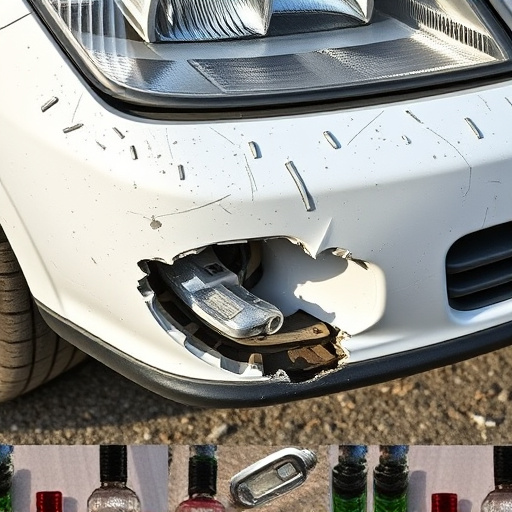
To enhance both repair performance testing and resale value simultaneously, auto collision centers and vehicle body shops can adopt several strategies. Firstly, implementing rigorous quality control measures during the repair process ensures that each car body repair meets or exceeds industry standards. This includes regular training for staff on the latest techniques and technologies, as well as adherence to best practices for every job.
Secondly, integrating advanced repair performance testing tools can significantly improve accuracy and efficiency. These tools enable vehicle body shops to detect even the subtlest imperfections, ensuring that repairs are not just visually appealing but also structurally sound. By combining high-quality repairs with meticulous testing, these auto collision centers can dramatically increase resale value, as buyers increasingly demand vehicles with impeccable histories and appearances.
Repair performance testing is a powerful tool that can significantly impact a vehicle’s resale value. By understanding how these tests influence buyer perceptions, you can implement strategies to enhance both aspects. Through efficient repairs and quality assessments, it’s possible to maintain or even increase a vehicle’s worth over time, ensuring better returns for sellers and more appealing options for buyers. This symbiotic relationship between repair performance testing and resale value should be at the forefront of any automotive business strategy.

